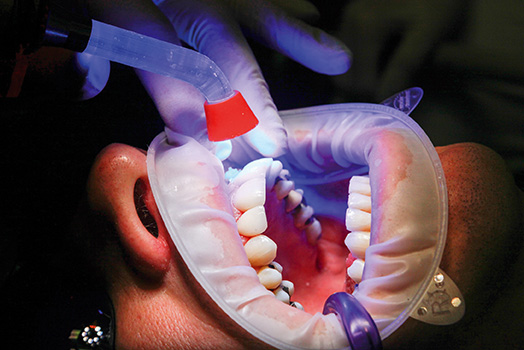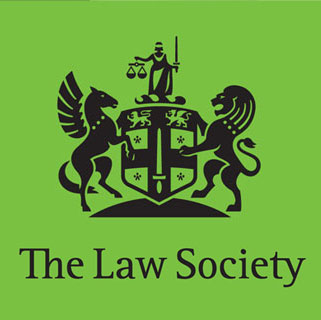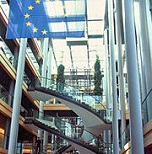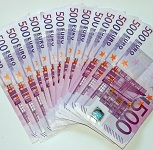 In recent issues of Your Expert Witness we have highlighted the on-going issue of unqualified people carrying out illegal tooth whitening – and the efforts being made by the General Dental Council (GDC) to bring offenders to book. Since the last issue highlighted a case in Wales there have been prosecutions in Orpington, Salford and London.
In recent issues of Your Expert Witness we have highlighted the on-going issue of unqualified people carrying out illegal tooth whitening – and the efforts being made by the General Dental Council (GDC) to bring offenders to book. Since the last issue highlighted a case in Wales there have been prosecutions in Orpington, Salford and London.
At the end of last year the legal position on tooth whitening of the GDC received the backing of the organisation that brings together all European dental regulators. FEDCAR – the Federation of European Dental Competent Authorities and Regulators – published a statement endorsing its approach as the one to be used across Europe.



 The Law Society has been granted special consultative status by the United Nations. It provides the representative body for solicitors in England and Wales with unprecedented access to member states and the United Nations' system.
The Law Society has been granted special consultative status by the United Nations. It provides the representative body for solicitors in England and Wales with unprecedented access to member states and the United Nations' system. Rules on prosecuting and punishing fraud against the EU budget were voted for by the European Parliament’s Budgetary Control and Civil Liberties committees on Thursday. In amendments to a draft anti-fraud law, MEPs clearly defined the offences for which member states would have to introduce criminal penalties – such as fraud, passive and active corruption, money laundering or dishonest bidding for public procurement contracts. Fraud costs the EU budget an estimated €600m each year.
Rules on prosecuting and punishing fraud against the EU budget were voted for by the European Parliament’s Budgetary Control and Civil Liberties committees on Thursday. In amendments to a draft anti-fraud law, MEPs clearly defined the offences for which member states would have to introduce criminal penalties – such as fraud, passive and active corruption, money laundering or dishonest bidding for public procurement contracts. Fraud costs the EU budget an estimated €600m each year. The Malaysian legal services market is now officially open to foreign lawyers and law firms, following the announcement by the Malaysian Attorney General that the Legal Profession (Amendment) Act 2012 and additional amendments were brought into effect on 3 June.
The Malaysian legal services market is now officially open to foreign lawyers and law firms, following the announcement by the Malaysian Attorney General that the Legal Profession (Amendment) Act 2012 and additional amendments were brought into effect on 3 June. Rules to make it easier for national authorities to trace, freeze, manage and confiscate criminals' assets across the EU were backed by the Civil Liberties Committee on Tuesday, endorsing an informal Parliament/Council deal struck on 27 November.
Rules to make it easier for national authorities to trace, freeze, manage and confiscate criminals' assets across the EU were backed by the Civil Liberties Committee on Tuesday, endorsing an informal Parliament/Council deal struck on 27 November.